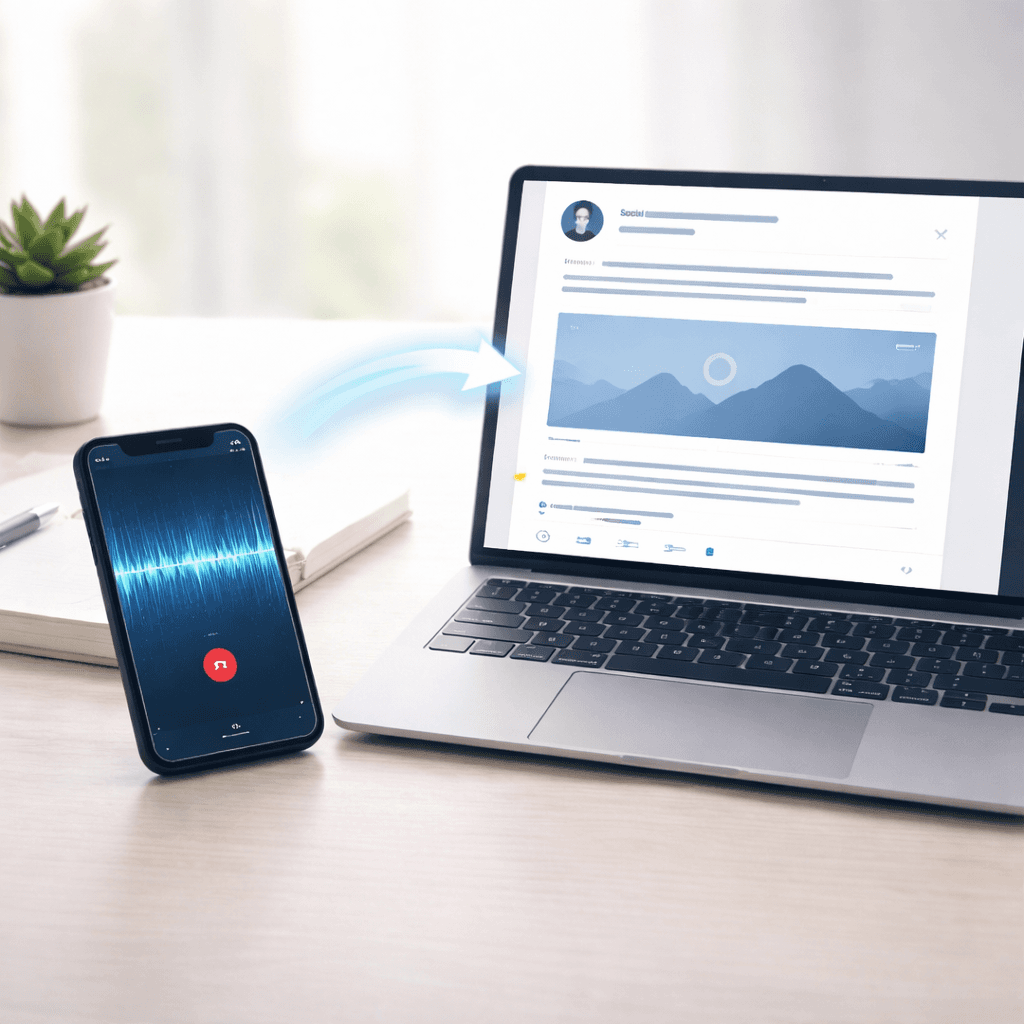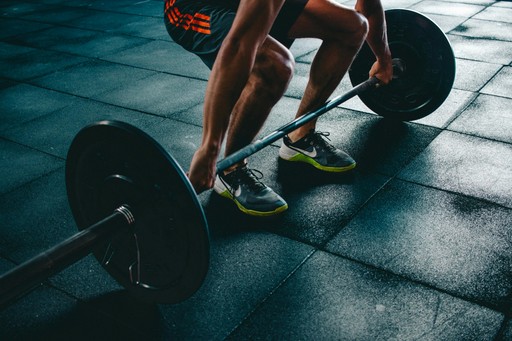I once believed I could out-hustle stress with caffeine, 18-hour days, and sheer willpower. The result wasn’t glory — it was burnout, shaky bloodwork, and a mind that couldn’t sit still in silence. Founders often think “later” is when health matters. But there is no later if you keep running yourself into the ground. Every missed workout, every skipped meal, every night of poor sleep compounds into a body that betrays you when you need it most.
Stress doesn’t break you; ignoring recovery does.
The day OXOFIT nearly collapsed taught me something simple: weights were heavier than my problems, but they gave me structure when everything else felt like chaos. Fitness became the one arena where adaptation was visible — your body changes because of pressure, not in spite of it. Startups work on the same principle, except failure there costs money and reputation. Training daily gave me proof that struggle can be transformed into strength. That reminder was more valuable than any pitch deck or motivational book.
Founders don’t just carry investor expectations; they carry hidden stress in their nervous system. Without an outlet, that stress leaks into sloppy decisions and fragile confidence. Fitness turns your nervous system into armor. It’s not about six-pack photos for Instagram — it’s about showing up to boardrooms clear-headed, even when everything feels stacked against you. You can’t outsource this kind of resilience; it has to be built rep by rep.
When Muscle Meets Mind
Science shows exercise regulates cortisol, sharpens focus through increased blood flow to the brain, and stabilizes sleep cycles. These aren’t abstract benefits; they’re survival tools when your calendar is stacked with investor calls and fire drills from clients. A founder who trains consistently isn’t gambling on adrenaline alone. They’re creating margin — mental bandwidth when everyone else is drowning in noise. The gym becomes less about vanity and more about preserving decision-making quality under pressure.
What matters here is consistency over intensity. One hour three times a week beats a heroic 10-mile run once a month followed by weeks of nothing. Stress is daily; your practice must be daily too. The lesson fitness teaches is that adaptation requires frequency, not perfection.
Stories Forged Under Pressure 💪
Weights During OXOFIT Chaos
I remember walking into the gym right after a brutal investor call where funding looked certain to vanish. My head was full of panic scenarios — shutting down operations, breaking news to my small team, wondering if I’d failed again after multiple startup crashes. I picked up the barbell anyway because I needed something I could control that day. The first set felt heavy enough to crush me, but by the third set my head had cleared just enough to breathe without fear choking me.
By the time I left, nothing about funding had changed, but I had changed — calmer, steadier, ready for another round with reality.
The weight room gave me stability when business gave me chaos.
Caffeine vs Sleep Debt
During my mainframe-to-cloud years in Fortune 500 projects, sleep was treated like wasted time. Coffee became my badge of honor; I wore exhaustion as proof of commitment. But the data told a different story: elevated blood sugar levels, persistent brain fog, and small mistakes multiplying into costly rework. It took hitting a wall — both physically and career-wise — for me to see how unsustainable that cycle was. Prioritizing sleep alongside training didn’t slow me down; it sped up my output because my mind could finally recover.
In hindsight, caffeine was never fuel; it was camouflage for exhaustion.
Recovery turned out to be strategy disguised as rest.
The Failed Startups That Broke My Back
After two failed ventures left me deep in debt and shame, I carried that burden in more ways than one — my posture hunched from long hours slouched at desks or stuck in endless commutes. Pain crept into my back until even sitting became unbearable. Starting small with bodyweight training reminded me what upright felt like again — proud chest, shoulders back, lungs full of air instead of dread. It didn’t erase financial scars but shifted how I held myself while carrying them.
Sometimes standing tall comes before standing profitable.
Physical alignment reshaped emotional endurance when losses piled up.
A Lesson From Clients Who Quit
At OXOFIT we worked with ambitious professionals who often quit after three weeks citing “no time.” Ironically those same people spent hours doom-scrolling news or juggling endless meetings without moving their bodies once all day. Watching them give up reminded me how easily entrepreneurs fall into similar traps: negotiating everything except their own health routines. The ones who stayed saw energy spike at work almost as quickly as strength gains in the gym. Their careers didn’t steal time from training; training gave them time back through sharper focus and higher stamina.
The line between quitting early and pushing through is thinner than most want to admit.
Saying yes to discipline meant saying no to excuses disguised as busy schedules.
Tools That Anchor Resilience 🛠️
You don’t need an elaborate playbook — just consistent tools you can reach for when chaos hits hardest.
Strength Training: It teaches progressive overload — gradually adding resistance so your body adapts stronger each time. Hack: Track weekly loads in a simple spreadsheet; seeing numbers climb motivates more than mirrors.
Breath Work: Slow nasal breathing lowers heart rate variability spikes during high-pressure moments like board pitches or layoffs. Hack: Use a timer app for 5 minutes post-meeting instead of scrolling Slack.
Sleep Hygiene: Set a recurring alarm not for waking but for winding down — dim lights, cut screens an hour before bed. Hack: Keep phone outside the bedroom; watch how quickly REM cycles improve.
Walking Meetings: Replacing one seated call daily with a walking meeting clears brain fog while clocking steps unnoticed. Hack: Voice-record notes while walking so no insights are lost.
The beauty of these tools is their simplicity: no fancy equipment required beyond shoes, space, and commitment.
Pitfalls Every Founder Faces
The road between ambition and collapse often hides in everyday blind spots founders refuse to confront until too late.
Pushing through illness thinking short-term output outweighs long-term damage.
Treating nutrition as optional fuel rather than strategic input.
Sacrificing sleep for deadlines without realizing cognitive decline stacks fast.
Confusing busy schedules with productive progress while neglecting personal health.
Believing discipline must feel extreme instead of repeatable.
Catching these traps early saves more than health; it saves entire businesses from being run by exhausted shells of their founders.
The Margin That Fitness Creates
A founder who treats health as negotiable eventually runs out of margin — both financially and physically. On the other hand, founders who build rituals around training gain extra bandwidth when markets crash or investors stall funding rounds. Your body becomes proof that adversity can be metabolized into adaptation if you stay consistent enough to let biology do its work. This lesson repeats across barbells and boardrooms alike: pressure plus recovery equals growth.
The question isn’t whether fitness steals time from business; it’s whether ignoring fitness steals years from your capacity to lead effectively. Once reframed that way, the choice becomes obvious — train today so you can decide clearly tomorrow.
If you’re rebuilding after layoffs or failures like I did, treat training as part of your recovery blueprint instead of an optional hobby on good days only. Discipline here sends ripples across every negotiation table and every sleepless night before product launches. It’s not indulgence; it’s survival math redefined in sets and reps.
I’ve lived both sides: burnout masked by coffee versus resilience built by sweat equity in the gym. One drained everything faster than I could refill it; the other created reserves I never knew existed until life demanded them most. That’s why fitness for entrepreneurs is more than lifestyle branding — it’s leadership insurance paid in sweat instead of cash burn.
Your next rep might be the decision-saver your startup needs tomorrow.
Related Post
Latest Post
Subscribe Us
Subscribe To My Latest Posts & Product Launches












